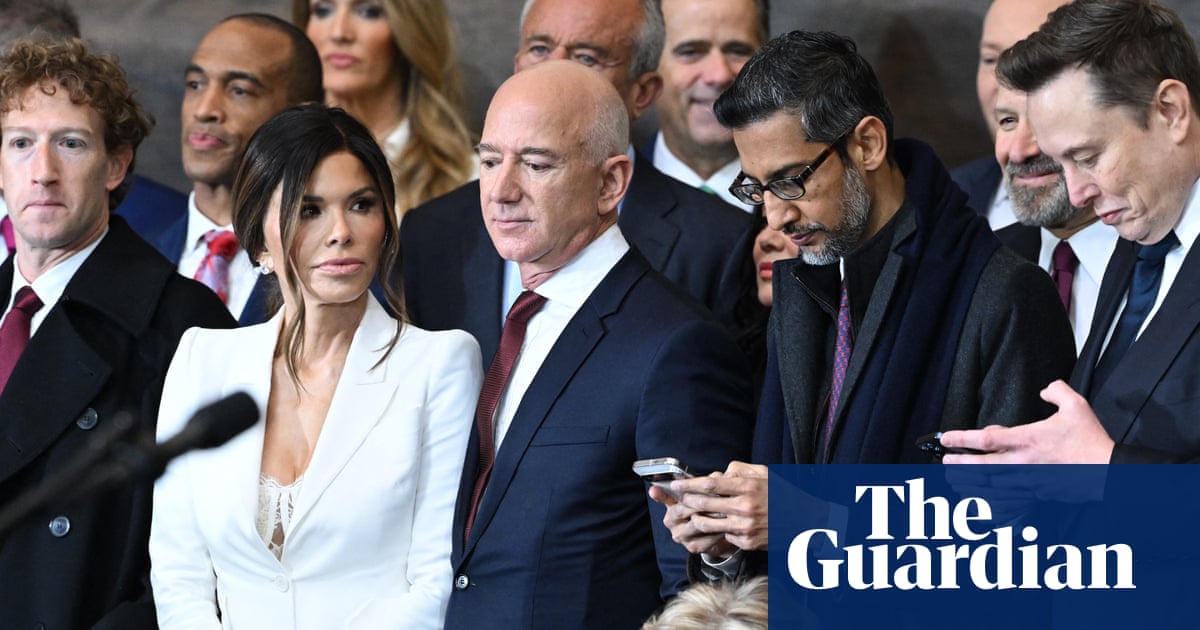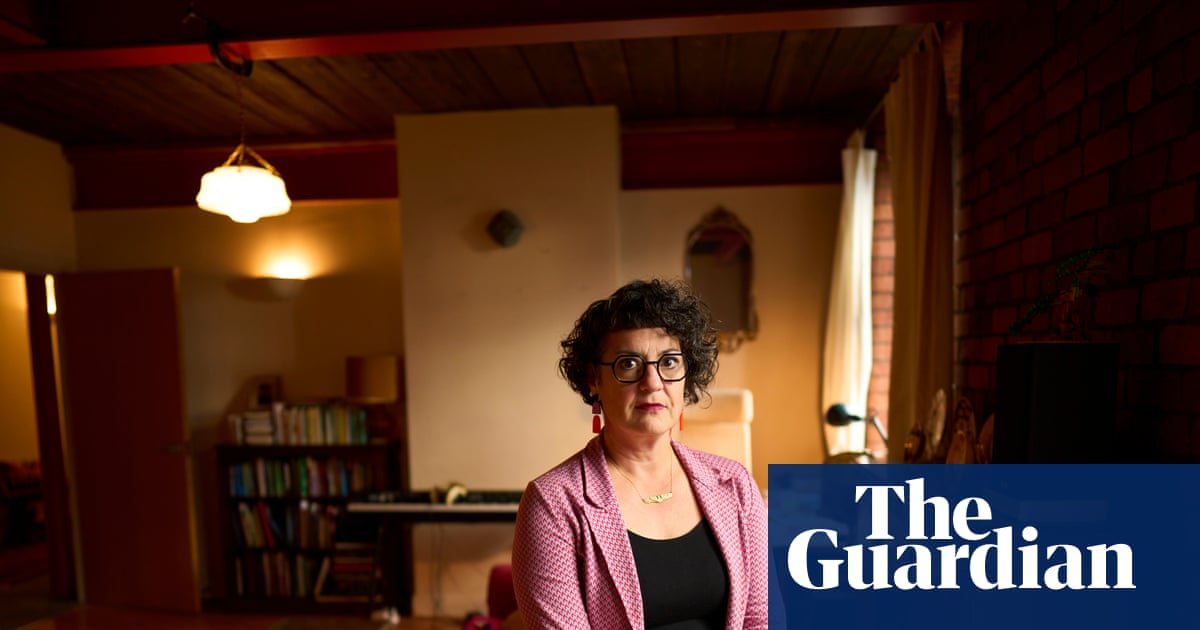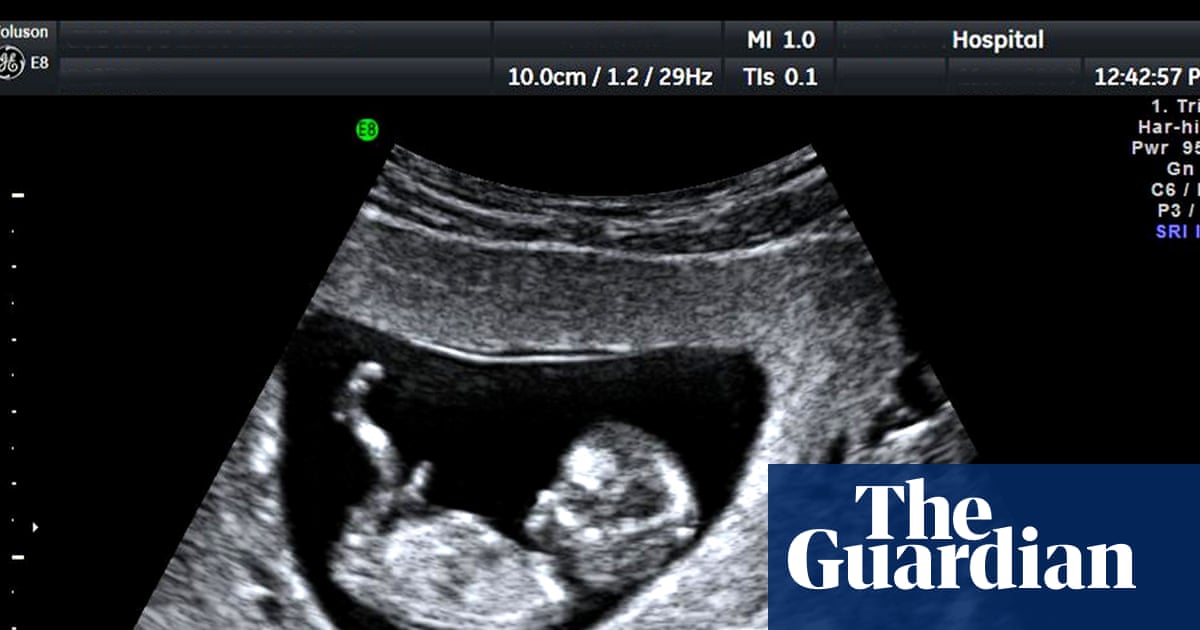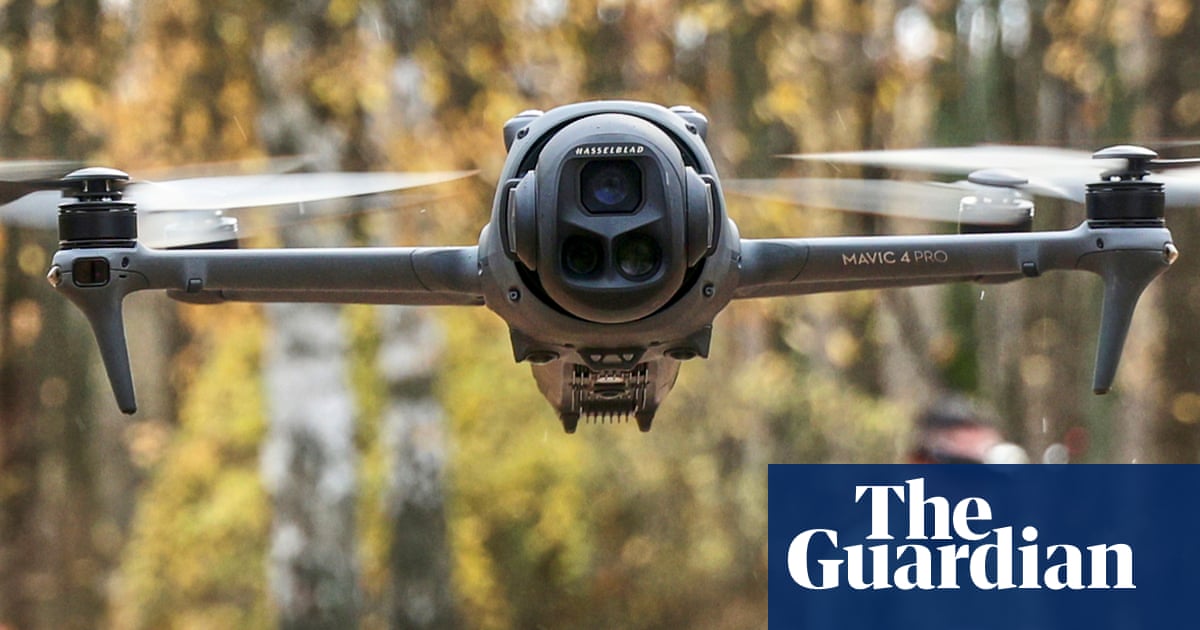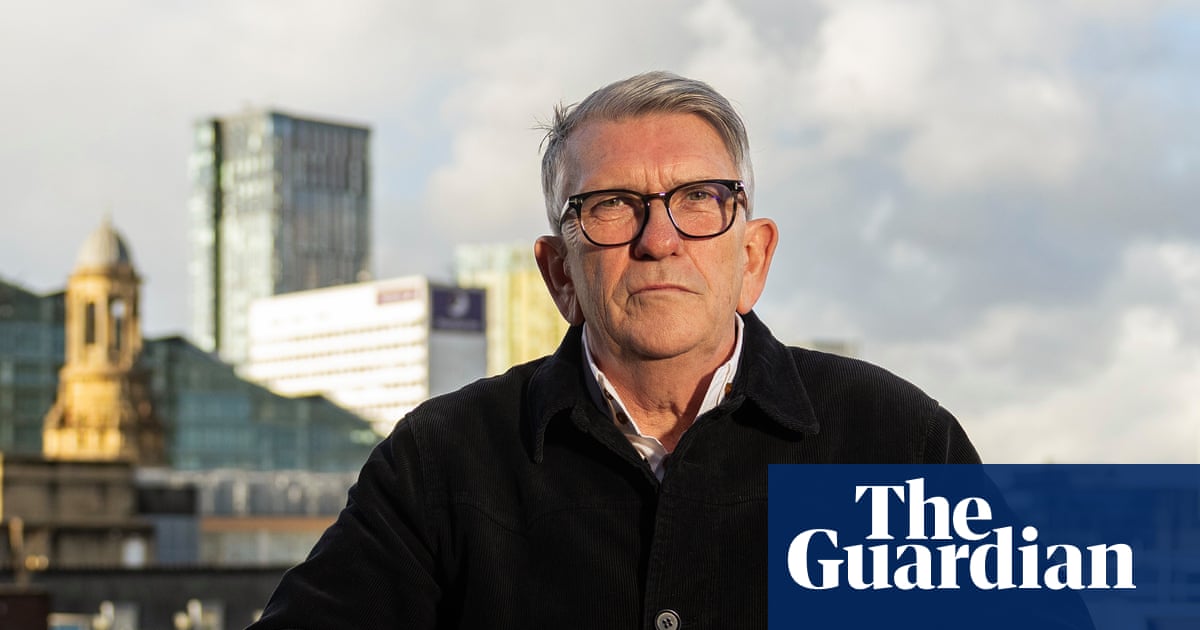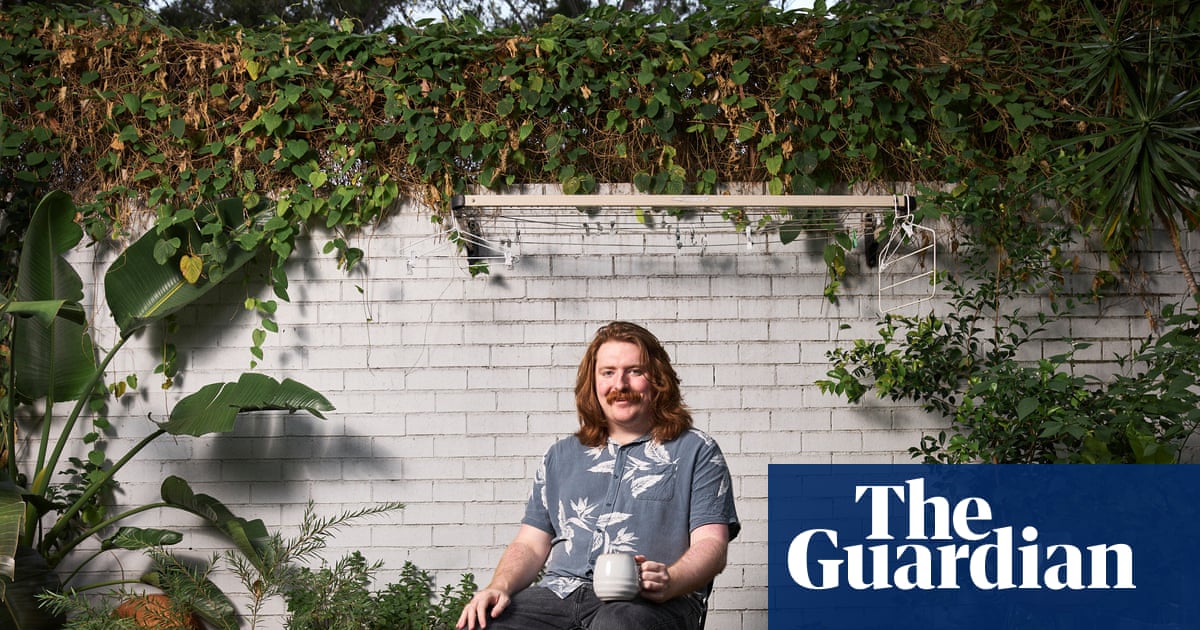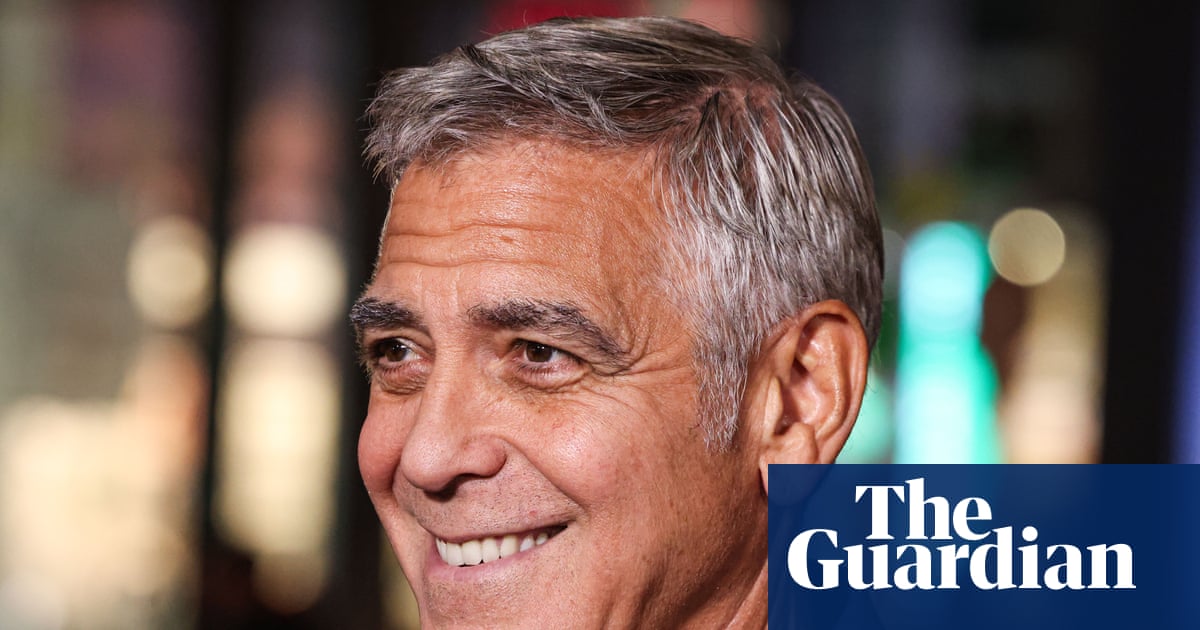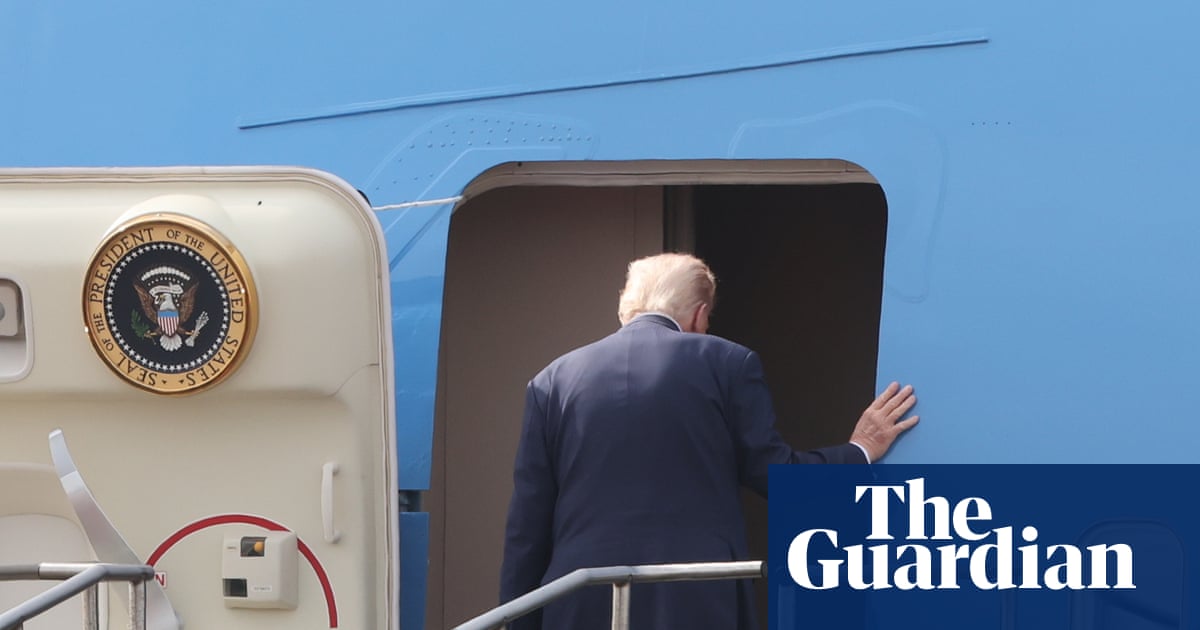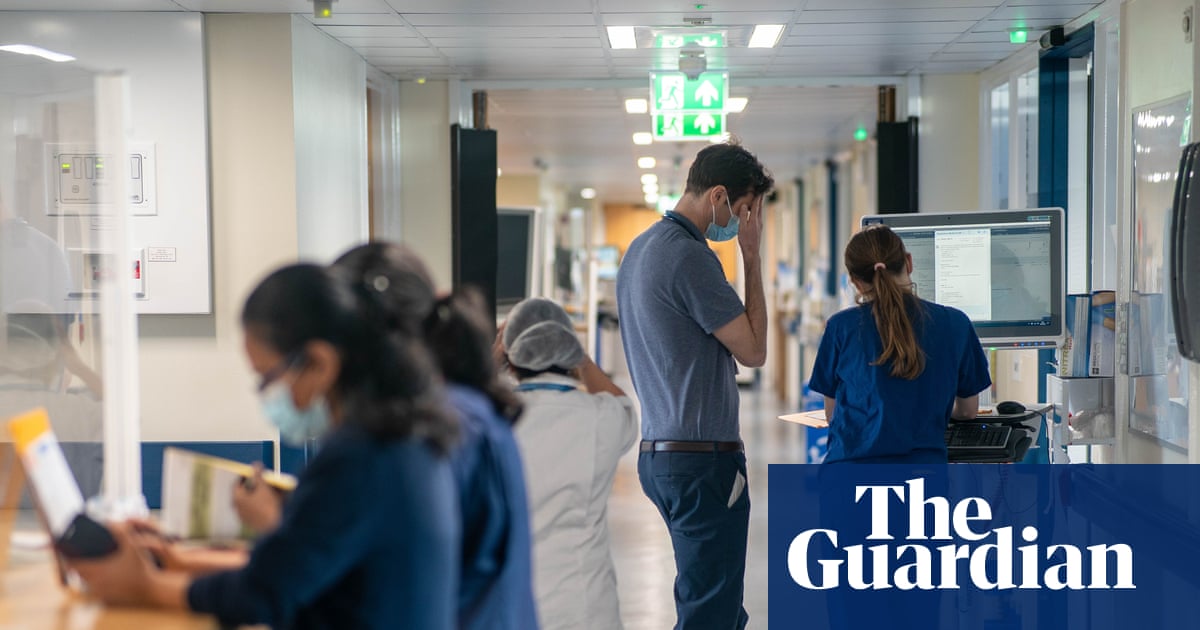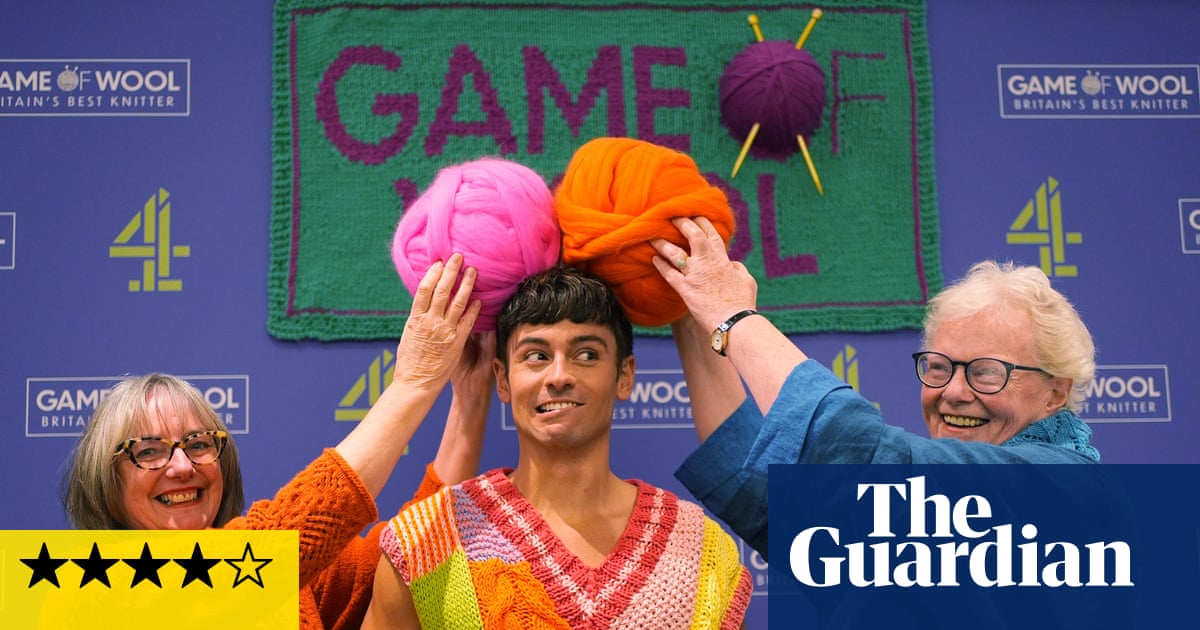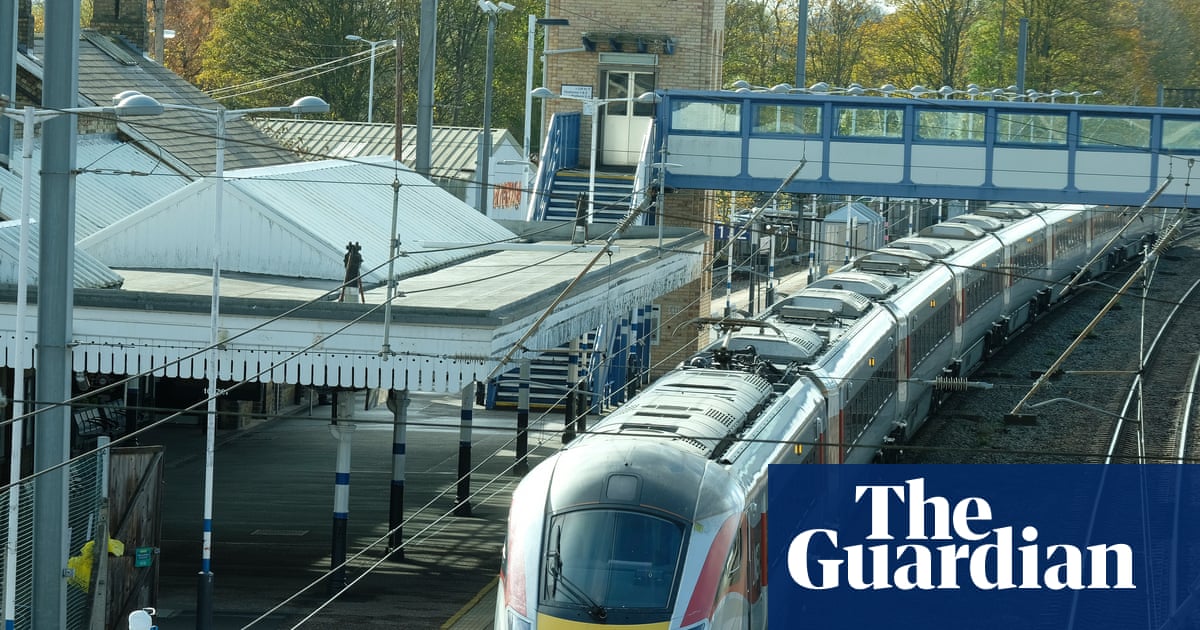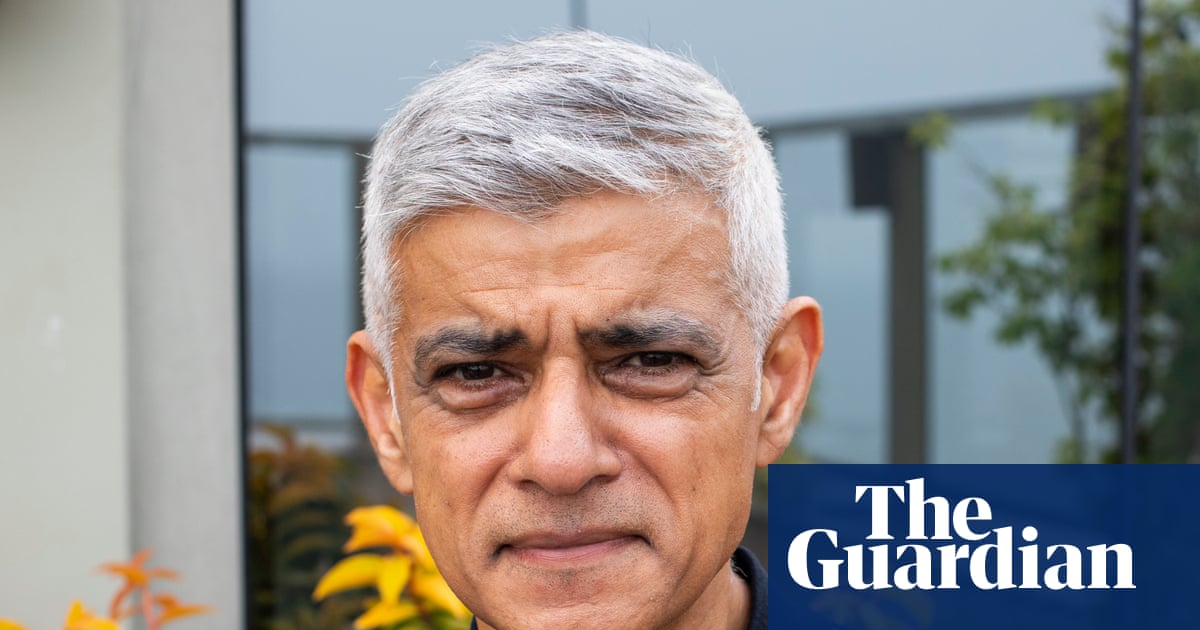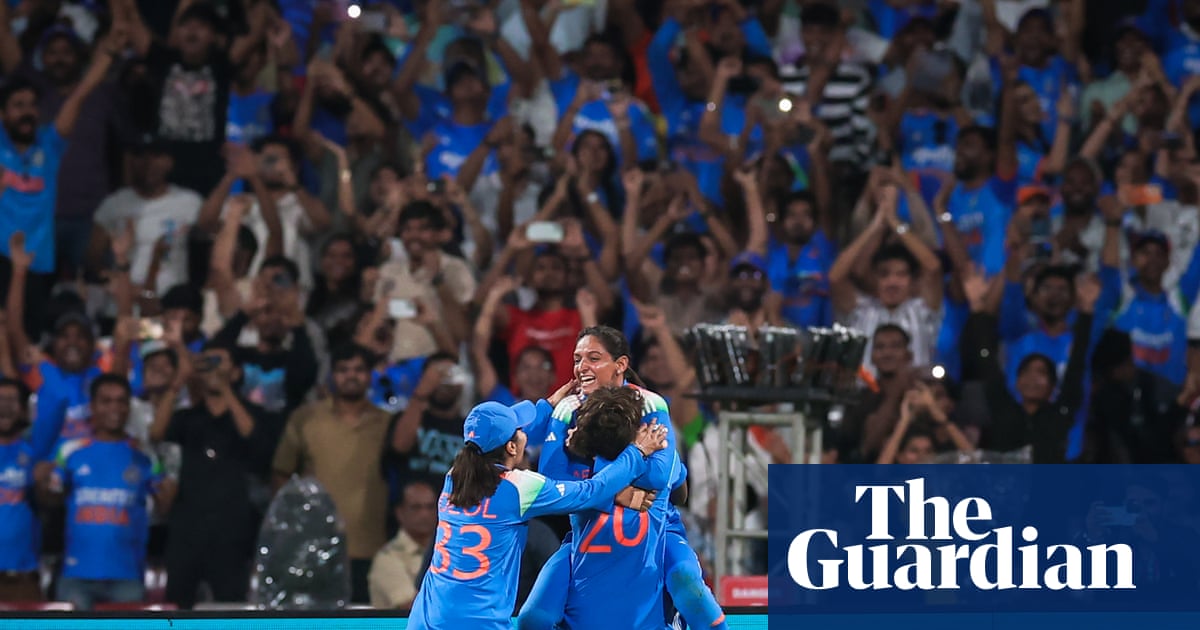In 1979, a 10-year-old Nick Lowles saw a hard-right party political broadcast. Born in Hounslow in London, he had moved to Shrewsbury when he was seven: “A very white town. There was a British Movement march soon after we moved up there.” Theirs was a “small-P political household”. His dad was a social worker, his mum worked for various charities. “She was from Mauritius, and now on the telly, the National Front were saying they were going to send people who weren’t born in Britain home in six months. I was petrified that my mum was going to get sent home.” The ambient racism of 70s and 80s Britain permeated everything. “I just remember being scared,” Lowles says. “We used to go on holiday and I tan really easily. I was frightened of coming back to school too brown.”
You can’t meet terrifying politics except with politics of your own, he realised in his teens. How to Defeat the Far Right is Lowles’s memoir-cum-manual, telling the story of how Hope Not Hate, the anti-fascist campaign group, came into existence in 2004. There is no other organisation like it, in its range of actions and independence of spirit. It does a lot of data (polling and analysis) but also a lot of community organising; it infiltrates fascist spaces, online and off, to subvert their plans, and it organises counterprotests. It is connected to institutional politics, though its influence waxes and wanes – Lowles is a good friend of Gordon Brown’s, but doesn’t feel especially heeded by the current government.
How to Defeat the Far Right is a troubling read. There are victories – in Barking and Dagenham, Hope Not Hate campaigned to defeat the BNP after it did so well in the 2006 local elections that, had it stood more candidates, it would have been the first council in Britain controlled by an openly racist party. Possibly less well known is Hope Not Hate’s foiling of a plot to murder the MP Rosie Cooper in 2017. Jack Renshaw, a member of the banned far-right organisation National Action, planned to kill Cooper with a gladius machete that he’d already bought, as well as take hostages, lure in a detective, preferably female, and kill her as well. Another member of Renshaw’s group was secretly passing all this information to Hope Not Hate, which enabled his arrest.
And yet, the overall arc is not victorious. The far right is stronger than ever. Reading Lowles’s book, I felt like that picture of a cat reading To Kill a Mockingbird, thinking, “There is no information here about killing mockingbirds.” The Tommy Robinson march at the weekend, exactly as Lowles predicted, was “massive”. Police estimated there were between 110,000 and 150,000 people in central London, possibly the largest far-right demonstration the UK has ever seen. Even without Elon Musk’s video address, with his chilling “fight or die” language, Lowles’s point was clear: “Violence and extreme violence are part of our politics in a way that’s only going to get worse.”
Between our interview and that demo, the hard-right US activist Charlie Kirk was shot dead while he was speaking, and the reaction, Lowles says, “was so many people, in the US and the UK, saying ‘This is war’; ‘Time for revenge’. There are growing forces, principally on the far right but also other places, who are itching for conflict, who are itching for civil war as the only way to achieve their goals.” And it’s hard, if you were frightened in London on Saturday – whether because you were part of the 5,000-strong counterprotest, or because you were not white – to see how you sit that out.
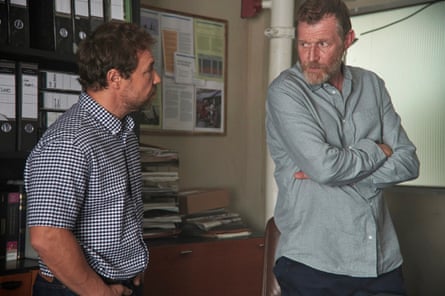
Lowles has quite an upbeat disposition but it’s not mindless – his perspective is more, “We are where we are, what are you going to do, lie down?” Speaking to me in the Guardian offices – a bare little room with no distinguishing features, so that all the atmosphere comes from the peril-ridden conversation – he says matter-of-factly: “People are really demoralised. People feel life is tough. In the migration sector, in the refugee sector, in the climate sector, people are feeling defeated. There’s a job of work to do for our own side, people who believe in a multicultural society: we need to feel like there’s a togetherness, because people feel quite alone.”
Life changed for Lowles in the mid-80s, when at 15 he became political. He was into everything – the anti-apartheid movement, Trotskyite politics, Red Wedge (the musicians’ collective supporting Labour to oust Margaret Thatcher, which, well-spotted, took ages). He went to the University of Sheffield because his Trot group wanted a ringleader for a nascent anti-fascist group there, “and I found myself spending all my time going to other people’s meetings to argue with them. We’d be sent in, we’d have a little script, they’d come to our meetings to argue with us. That’s all we did all day – we didn’t speak to any ordinary people at all. But I was always an activist, I didn’t give a shit about the theory. I just suddenly thought, ‘What am I doing?’”
“Activist” is quite a freighted word, nowadays. The line between activism and direct action appears more and more blurry, as public order offences are now so numerous that it feels as if chanting “we shall overcome” carries a potential prison sentence, and it’s possible to pass on a bus through central London and see 900 pensioners get arrested for sitting on the grass with homemade Palestine Action signs. We have a quick and frankly mad conversation about what this government classes as terrorism. “At Hope Not Hate, we’ve been lobbying for years to ban a Nazi satanist group called Order of Nine Angles. It’s been in existence for 50 years, but over the last 15 years, with the internet, it has inspired a generation of mainly teenage boys to commit really bad acts of violence, both to themselves and to others, and particularly to women. People have been sent to prison in this country because they’ve encouraged teenage girls to self-harm; there’s an overlap with child pornography. It’s shocking. Those two sisters who were murdered in Wembley,” he says, referring to Bibaa Henry and Nicole Smallman. “The bloke behind it, he wasn’t a Nazi but he was a satanist, reading all this material. Every time we go to the Home Office, they say, ‘We don’t know whether it meets the threshold.’ And then they ban a group …” He trails off without mentioning that group, understandably. If he didn’t get arrested for saying it, I’d get arrested for writing it.
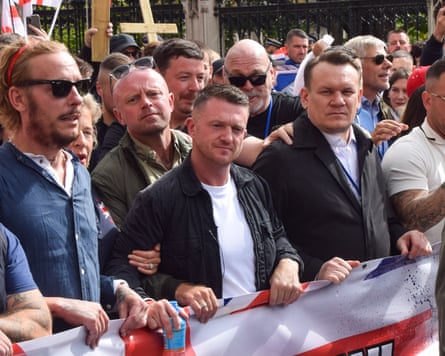
Where does Lowles stand on direct action, and what it means? He makes an endearing groaning noise, like a man who’s just been asked whether he thinks the conservatory could do with a lick of paint. “When I first got involved in anti-fascism – this was late 80s – it was all about the street. I’m not saying it was right, but that’s how it was. You didn’t have cameras.” So, wait, he doesn’t mean handing out leaflets in the street? “No, you would have groups of Nazis and groups of anti-fascists, and they would battle it out, down sidestreets, and sometimes it got quite violent. I mean, look at me, I’m not built for that. I never got involved in that. But that was the world it was.”
I actually do look at him, because this is a huge question. It’s not really about whether you are tall enough or brawny enough to fistfight. It’s about how directly you experience fascism, how personal it is to you, how urgent, but also how much else you would try before you’d give in to a primitive confrontation – the whole constellation that makes you look at a man throwing a brick, and pick up a brick of your own. And he’s right, he’s not built for it, but only for the last reason, not for the others.
“So that’s why I gravitated towards Searchlight,” he says. This was an anti-fascist magazine that had been going since the 60s, with the lo-fi look of a fanzine but very carefully researched reporting. “I’d take photos. Gerry Gable, the head of Searchlight, said the best thing you can do – this was 1989 – is intelligence, find out what the fascists are up to. Within three weeks, we had one person in the Sheffield BNP, within three months we had three people in Yorkshire. So I felt I was doing something that wasn’t having to pick up a hammer and run around the streets, which other people were doing.”
Lowles doesn’t do the infiltration himself, because he’s too recognisable. As it is, there have been real costs for him personally – credible threats to his life; a foiled kidnapping event. “There are two people who are in prison at the moment for threatening me, there’s another one awaiting trial.” He tells me other poignant stories about the daily cost to his family of the activism he does, which can’t be printed as they would just generate more hazard.
I first encountered Hope Not Hate right after Brexit, which was an existential crisis for it, as it was for Labour and, dare I say it, also for the Guardian. Everyone was wrestling with the same demands of separating the racism, British exceptionalism and stupidity that had been deployed instrumentally to generate anger from the anger itself. “The social polarisation went both ways,” Lowles remembers. “We found with our supporters, after 2016, it was really hard to get them to go into strong leave communities because they were so fucked off. We’d always prided ourselves that we would go into the areas that other people didn’t, engage with communities that weren’t necessarily like us.”
He has a strong stomach for difficult situations, having been in them since he was in his late teens. It’s amazing to hear him talk about confrontations when he was young, when 50 grownup fascists surrounded him and his mates while they handed out leaflets, calling them paedophiles so that, as the icing on the cake, they’d also have local teenagers throwing projectiles at them. Amazing, I guess, because a lot of today’s confrontations, for example outside the Bell hotel in Essex, feel so distinct and novel, with far-right protesters justifying their hostility as the protection of women and children. In fact, they have their roots in hard-right tropes going back decades; but you had to be there to know that.
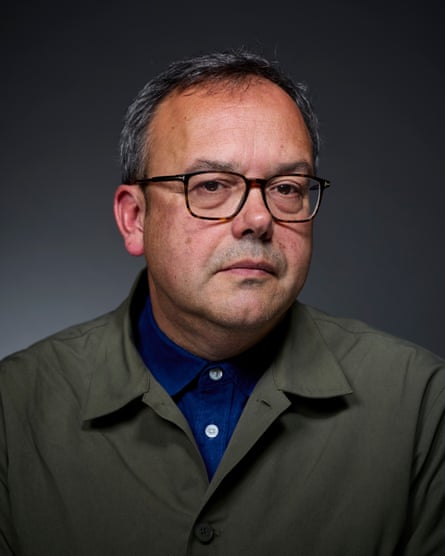
That being said, he hasn’t seen all this before. He’s worried. “We’ve got to be honest about where we are,” he says. It’s been a hideous summer for an anti-racism campaigner. Before the Reform conference even started, “we had Nigel Farage’s press conference where Reform were basically saying that they would be deporting 600,000 people – women, kids, who cares if they get killed? The most extreme immigration policy any mainstream political party has had. And how did Labour respond? They put out a tweet saying, ‘He’s all talk. We’re the ones really kicking people out.’”
We couldn’t have got here, where all political capital seems to be accrued by competitive xenophobia, without years of decline, says Lowles. “There is a direct correlation, as I explain in the book, between hostility to immigration and a) levels of deprivation, and b) social capital. Gordon Brown would accept that now, but the Blair/Brown years didn’t understand: it’s not just about someone having a job. It’s about what type of job, what type of respect they get in their community.” But the more proximal government failure, the thing you could really stick on Labour – and Conservative governments before them – is complete negligence towards, and the sometimes wilful sabotage of, community cohesion. “There used to be a tension monitoring unit, they would kind of keep an eye on what’s happening in the country. There was a way for councils, police, statutory agencies to feed in. All that’s gone, through cuts. Then Gove came in and destroyed what was left. The interfaith networks, he destroyed that ideologically and it hasn’t been built back up.”
Lowles spoke to Labour ministers when they were still a government-in-waiting, asking about their social cohesion policy, “knowing full well they didn’t have one, three months out from the general election. They said, ‘Oh well, we’ve got somebody in the Lords thinking about it.’ They had someone thinking about faith, which is different. Then the riots happened, and a year on, we still don’t have a cohesion strategy.”
Yet (deep breath, optimism incoming) he doesn’t think either the race-to-the-bottom political rhetoric or the fervidly anti-immigrant tabloid atmosphere really reflect “where the British people are. There’s another big world out there. We don’t want to go to the other side and be uber-liberal and write people off. But in our polling – and it’s not just ours, also other people’s – the things that agitate people most, it’s not immigration, it is sewage.” It’s true that the cost of living, the NHS and the economy typically feature more prominently than immigration when people are asked what matters to them, yet at the same time, salience is self-fulfilling in politics. If immigration is all the tabloids talk about, and then all politicians are interested in, and the only way to get attention from the self-same media that is already fixated, it starts to loom larger in people’s attitudes when they’re polled. That isn’t easily provable, because the cause and effect run concurrently and constantly interact, but it’s also bleeding obvious.
“I was up in Makerfield in January,” Lowles continues. “They’d had their worst flooding for 30 years. A hundred people were having a coffee morning, and probably most of them had voted Reform. People were furious with the water authority and the Environment Agency. Part of the rise of Reform is more than immigration, it’s this feeling that nothing’s working, the political parties have failed. They make promises they don’t keep. There’s no difference between them. You can have all sorts of national pledges, it means nothing to people on the ground. They look at the world around them and they just see things crumbling.”
All that can be true, without changing the fundamentals that, “Most people do not want to see internment camps, do not want to see women and kids dragged out of the country, refugees sent home to their deaths. There is a basic decency among British people, they don’t want all that. Rather than getting despondent – which is easy, at the moment – we’ve got to mobilise, we’ve got to get active.”

.png) 1 month ago
43
1 month ago
43
